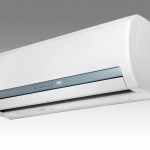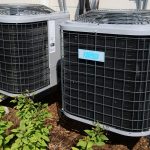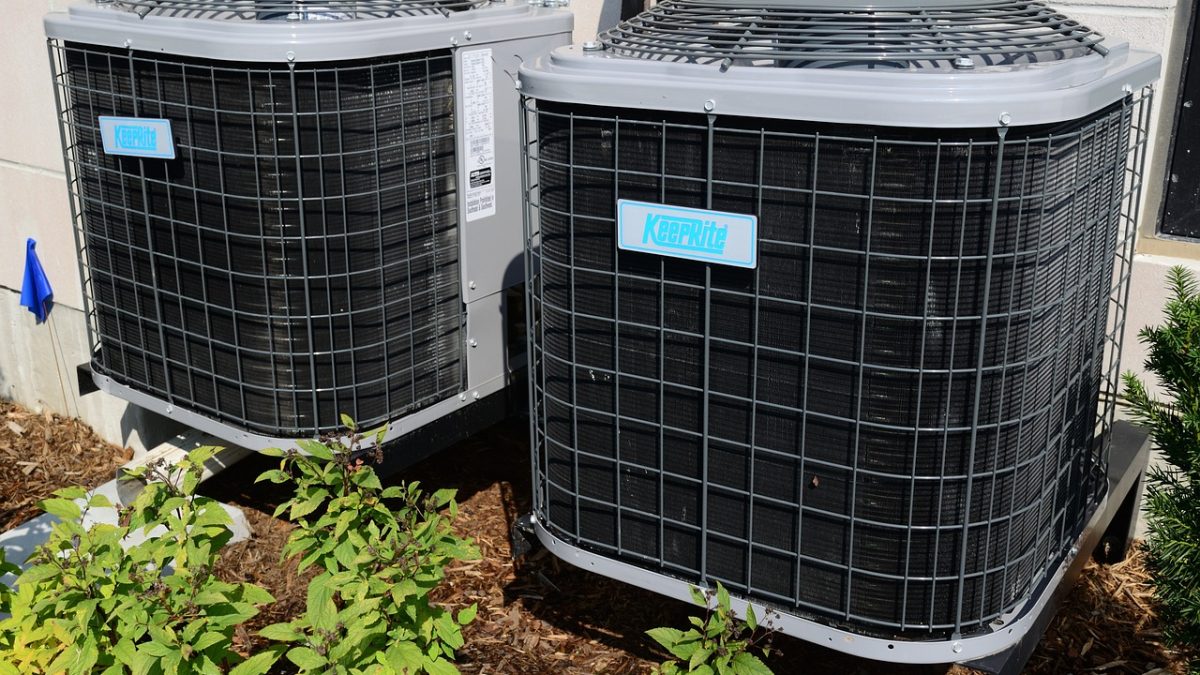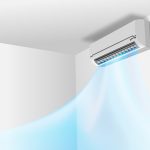
Braemar Split Systems: The Ultimate Guide to Efficient and Reliable Cooling Solutions
June 27, 2023
5 Major Benefits of Air Duct Cleaning in Commercial Properties
July 7, 2023With sweltering summer temperatures making their way around the globe, a well-functioning air conditioning system is practically essential for maintaining comfort and productivity. But how much do you really know about your air conditioner and the technology behind it? In this comprehensive guide, we’ll explore the importance of air conditioning, delve into how these systems work, and discuss how to maintain and optimize your cooling system for maximum efficiency and comfort. Let’s get started!
Understanding Air Conditioning: How It Works
Air conditioning systems work by removing heat and humidity from indoor air, resulting in a cooler and more comfortable living environment. The basic components of an air conditioner include a compressor, a condenser, an expansion valve, and an evaporator coil. These components work together to transfer heat from the indoor air to the outdoor air, using a refrigerant as the medium for heat exchange.
The process begins with the compressor, which pressurizes the refrigerant, turning it into a high-pressure, high-temperature gas. This gas is then passed through the condenser coil, which is located outside the home. As the refrigerant releases heat to the outdoor air, it cools and condenses into a liquid.
The liquid refrigerant then flows through the expansion valve, which reduces its pressure and temperature. Finally, the cold refrigerant enters the evaporator coil, which is located inside the home. As the indoor air blows across the coil, the refrigerant absorbs heat, and the cooled air is then circulated back into the living space.
Types Of Air Conditioners: Finding The Right Fit
There are several types of air conditioning systems available on the market, each with its own benefits and drawbacks. Some of the most common types include:
- Central Air Conditioning: This system uses ductwork to distribute cooled air throughout the entire home. It is generally the most efficient and effective option for larger homes or buildings.
- Split Systems: These units consist of an outdoor compressor/condenser and an indoor air handler. They are ideal for cooling individual rooms or smaller spaces and can be more energy-efficient than central air conditioning systems.
- Window Units: These are self-contained air conditioners that are installed in a window or through a wall. They are generally less expensive and easier to install than other systems but may not be as energy-efficient or effective at cooling larger spaces.
- Portable Air Conditioners: These units are compact and can be moved from room to room as needed. They are often used as a supplemental cooling solution or in situations where permanent installation is not feasible.
Energy Efficiency: Saving Money and the Planet
Energy efficiency is a critical consideration when selecting an air conditioning system, as it directly affects your energy bills and environmental impact. To gauge the efficiency of an air conditioner, look for its Seasonal Energy Efficiency Ratio (SEER) rating. The higher the SEER rating, the more efficient the unit.
Modern air conditioners are significantly more energy-efficient than their older counterparts, thanks to advancements in technology and regulations. For example, the minimum SEER rating for central air conditioners in the United States is now 14, while older systems may have ratings as low as 8.
In addition to selecting an energy-efficient system, there are several steps you can take to further reduce your cooling costs and environmental impact:
- Regular maintenance, such as changing filters and cleaning coils, can improve the efficiency of your air conditioner.
- Ensure proper insulation and sealing of your home to reduce heat gain and loss.
- Use a programmable thermostat to automatically adjust the temperature when you’re not at home or while you sleep.
- Install energy-efficient windows and window treatments to block solar heat.
Maintenance: Keeping Your Cooling System in Top Shape
Regular maintenance is essential for keeping your air conditioning system operating at peak efficiency and prolonging its lifespan. Some basic maintenance tasks that you can perform yourself include:
- Changing or cleaning air filters every one to three months, depending on the manufacturer’s recommendations and your specific needs.
- Cleaning the outdoor condenser unit by removing debris and rinsing the fins with a hose.
- Checking for and sealing any duct leaks.
Professional maintenance should also be performed annually by a qualified HVAC technician. This service typically includes:
- Inspecting and cleaning the evaporator and condenser coils.
- Checking refrigerant levels and adjusting if necessary.
- Inspecting and tightening electrical connections.
- Lubricating moving parts and checking belts for wear and proper tension.
- Testing the thermostat and control systems for proper operation.
Indoor Air Quality: Breathe Easy
Air conditioning systems can have a significant impact on the indoor air quality of your home. By removing humidity and circulating air, air conditioners can help reduce the growth of mold and mildew and minimize the presence of allergens and pollutants.
However, it’s essential to ensure that your air conditioning system is properly maintained to avoid potential issues, such as dirty filters or ducts, which can contribute to poor indoor air quality. Additionally, consider using an air purifier or upgrading to a higher-quality air filter to further improve the quality of the air you breathe.
Conclusion:
As technology continues to advance, the future of air conditioning is likely to see even greater improvements in efficiency, comfort, and sustainability. Innovations such as smart thermostats, variable-speed compressors, and geothermal cooling systems are already making an impact, and further advancements are on the horizon.
In the meantime, understanding the basics of air conditioning, selecting the right system for your needs, and maintaining your cooling system properly can help you stay comfortable, save money, and reduce your environmental footprint.








